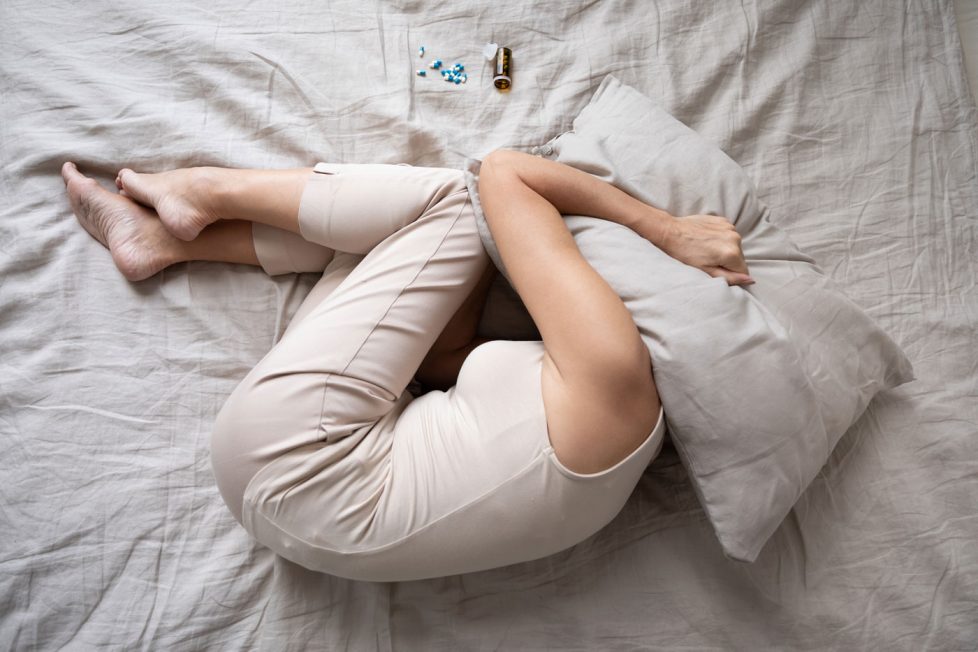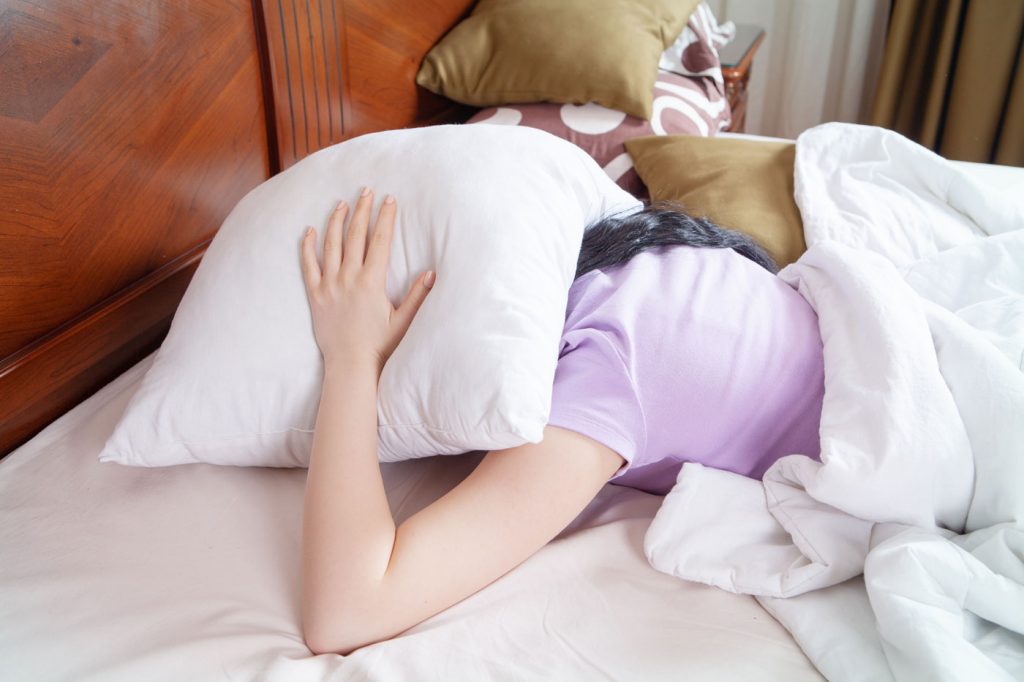Things you can do if you have insomnia
Insomnia is the inability to fall asleep or stay asleep at night, resulting in unrefreshing or non-restorative sleep.

Insomnia is the inability to fall asleep or stay asleep at night, resulting in unrefreshing or non-restorative sleep.

Insomnia can occur in different ways. Some people struggle to get to sleep no matter how tired they are. Others wake up in the middle of the night and lie awake for hours, anxiously watching the clock. But, because different people need different amounts of sleep, insomnia is defined by the quality of your sleep and how you feel after sleeping—not the number of hours you sleep or how quickly you doze off.
Even if you’re spending eight hours a night in bed, if you feel drowsy and fatigued during the day, you may be experiencing insomnia. If you’re one of the millions of people who struggle with insomnia, you may find your mind racing and your body tossing and turning when you just want to be asleep.
Although the amount of sleep needed varies from person to person, most adults need at least seven hours of sleep a night. If your sleeping patterns are affecting your quality of life, there is a number of home remedies that may be able to help – let’s see some of them in the article below.

In order to properly treat and cure your insomnia, you need to become a sleep detective. Emotional issues such as stress, anxiety, and depression cause half of all insomnia cases. But your daytime habits, sleep routine, and physical health may also play a role. Try to identify all possible causes of your insomnia. Once you figure out the root cause, you can tailor treatment accordingly.
With the right approach, you can reliably fall asleep within a matter of minutes. One of the keys to smoothly falling asleep is relaxation. Research shows that the relaxation response is a physiological process that positively affects both the mind and body. By reducing stress and anxiety, the relaxation response can enable you to peacefully drift off to sleep.
There are several step-by-step guides that offer proven relaxation methods that may help with insomnia and other sleep problems. Experts emphasize that it can take time to master these techniques, but the practice pays off. Even better, these methods are customizable, so you can adjust them over time to make them work for you.
Smart phones, e-readers, tablets, computer screens, TVs, and digital clocks emit blue light, a short frequency of light that may be harmful to the eyes and disrupt sleep. Minimize screen time for several hours before bedtime to get a good night’s rest. Wearing orange tinted glasses that block out blue light may also be helpful.
Apps are available for your computer, tablet, and smartphones that prevent the screens from emitting blue light. Besides blue light exposure, it makes sense to power down several hours before bedtime to maximize your chances of getting a good night’s rest.
One of the worst things you can do if you’re having trouble falling or staying asleep is to watch the clock. Watching the seconds, minutes, or hours tick by when your wide awake may produce a lot of anxiety which will not help you sleep better. Avoid the temptation to watch the clock. Turn the clock around so you can’t see the display.
The effects of caffeine can last for several hours, perhaps up to 24 hours, so the chances of it affecting sleep are significant. Caffeine may not only cause difficulty initiating sleep, but may also cause frequent awakenings. Alcohol may have a sedative effect for the first few hours following consumption, but it can then lead to frequent arousals and a non-restful night’s sleep.
Your bed is for sleeping and having sex and that’s it. If you suffer from insomnia, do not balance the checkbook, study, or make phone calls, for example, while in bed or even in the bedroom, and avoid watching television or listening to the radio. All these activities can increase alertness and make it difficult to fall asleep.
Going to bed and getting up at roughly the same time every day will programme your body to sleep better. Choose a time when you’re likely to feel tired and sleepy.
Moderate exercise on a regular basis, such as swimming or walking, can help relieve some of the tension built up over the day. But make sure you do not do vigorous exercise, such as running or the gym, too close to bedtime, as it may keep you awake.
Eating certain foods in the evening may interfere with your ability to sleep at night. Foods that are heavy or very rich, fried, or spicy may trigger indigestion. Carbonated beverages and citrus fruit may also be triggers. Heartburn may keep you lying awake at night. Choose light, easily digestible snacks before bedtime like crackers and cheese, fruit, or cereal with milk that won’t provoke uncomfortable symptoms.
